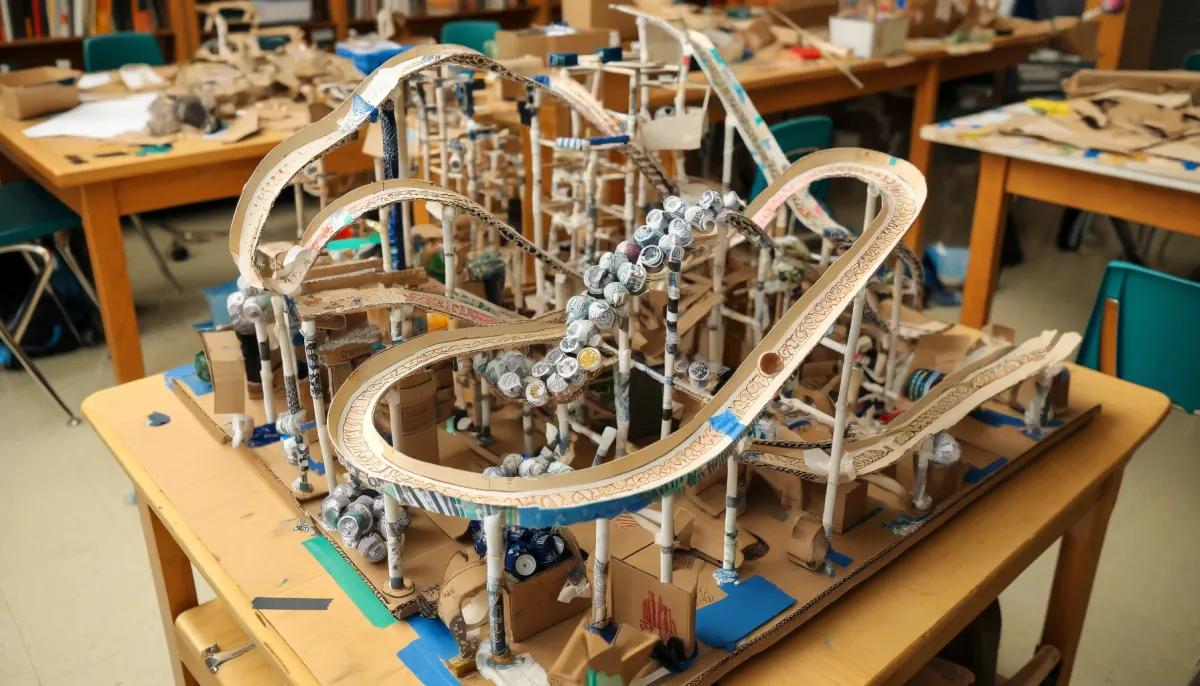
Grades:
11th Grade, 12th Grade
In this lab, students will extract copper from Copper (II) Sulfate using Iron. Students will balance the equation, label the equation, calculate molar mass, calculate the limiting reactant and excess






